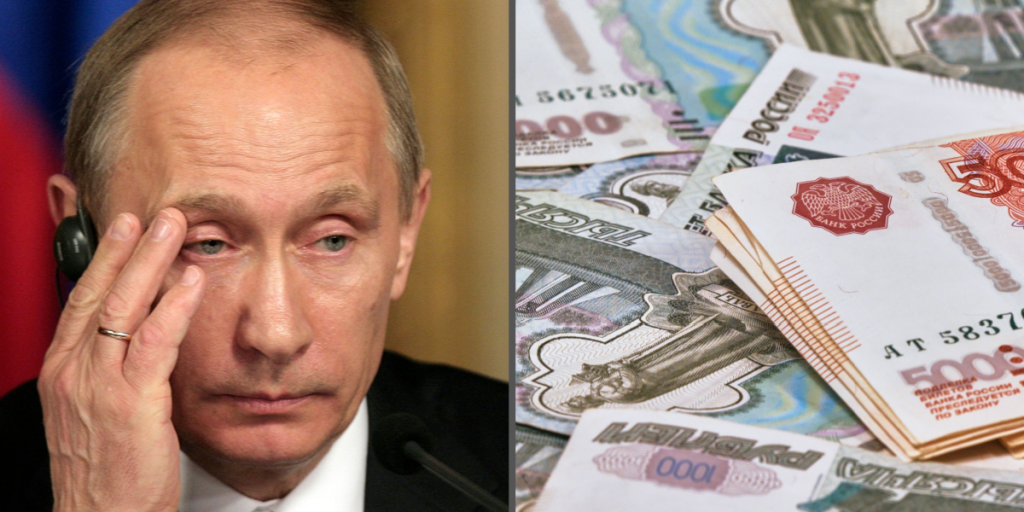Or as one anonymous businessman puts it: The sector is in “really deep s***”.
Others are reading now
Or as one anonymous businessman puts it: The sector is in “really deep s***”.
What is happening?
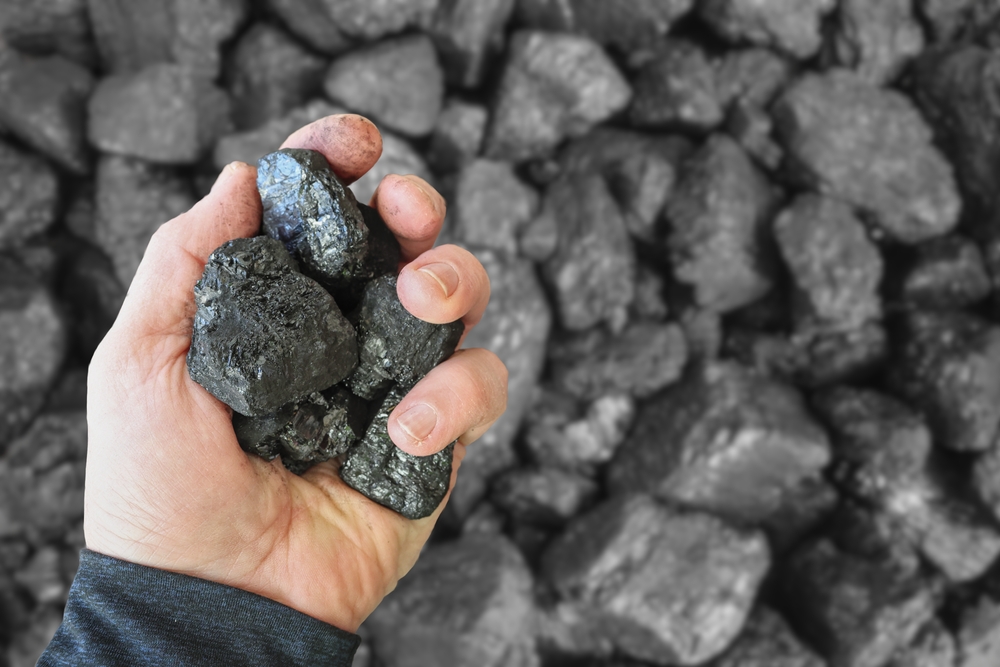
Russia’s coal industry is spiraling into its worst collapse in over 30 years, driven by Western sanctions, skyrocketing costs, and plummeting global prices.
Speaking to Financial Times, a top Russian executive summed it up bluntly: the sector is in “really deep s***.”
Once a key economic pillar, coal has now become the country’s most fragile economic link.
Losses double as the sector drags down GDP
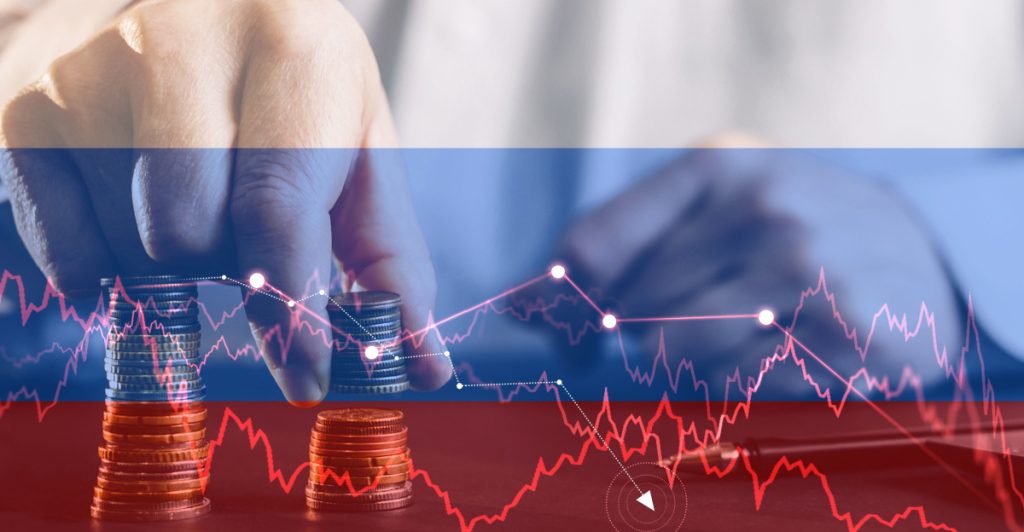
In just the first seven months of 2025, losses hit 225 billion roubles (£2.1 billion), already surpassing the total for all of 2024.
Also read
Profits of nearly 375 billion roubles in 2023 have reversed sharply, dragging GDP growth down by nearly 1%.
The fallout extends far beyond balance sheets, threatening 140,000 direct jobs and budgets in 30 mining regions.
Putin publicly acknowledges industry pain
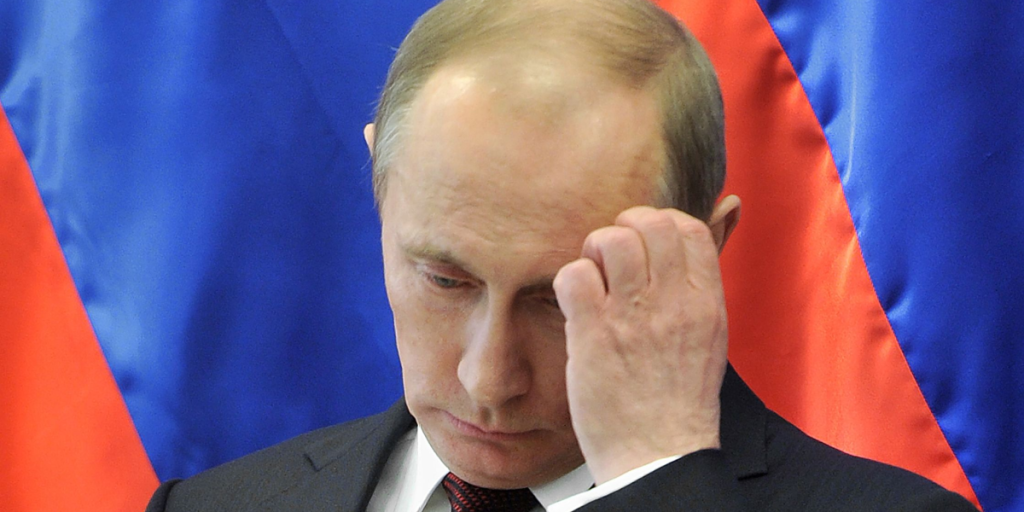
Even President Vladimir Putin has admitted the crisis, telling a September forum in Kuzbass, Siberia’s coal heartland: “Coal producers are having a tough time.”
The region is facing economic strains not seen since the Soviet-era miners’ strikes of 1989 and Russia’s post-communist slump in the late 1990s.
Mass closures and job losses hit regional economies

As of September, 23 coal companies—13% of Russia’s total—had already collapsed, with another 53 on the verge.
Also read
Nationwide, 19,000 jobs vanished in just six months.
Mid-sized and smaller firms are particularly vulnerable, warns Alexander Titov from Moscow’s Institute for Energy and Finance.
Global price crash and sanctions wreak havoc
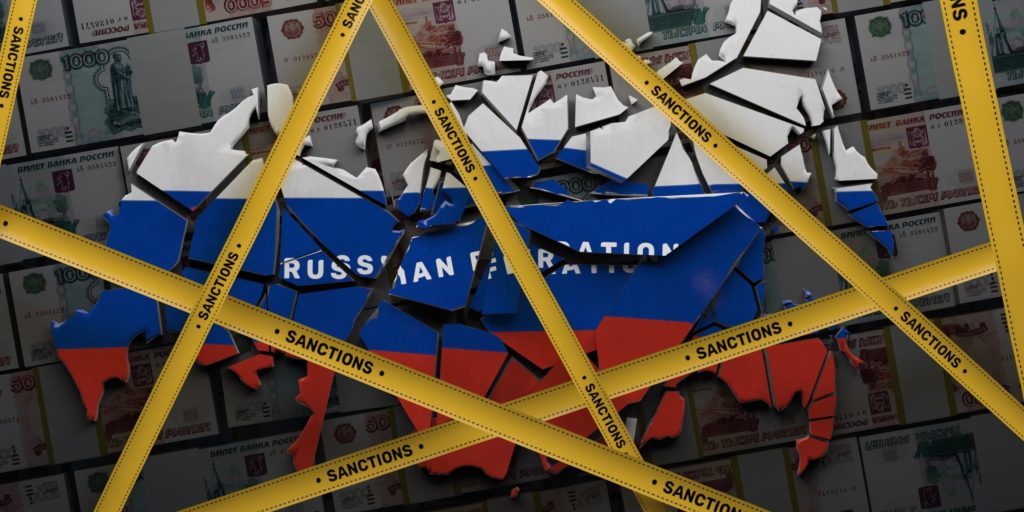
Thermal coal prices, crucial for electricity generation, have nosedived to £70 a tonne—down 78% from 2022 highs.
China’s production glut and Western sanctions have slashed Russian coal’s global competitiveness.
Exports to Asia are selling at steep discounts—once as high as 60%, now still about 20% below market.
Also read
Russia exports coal at a loss to keep cash flowing
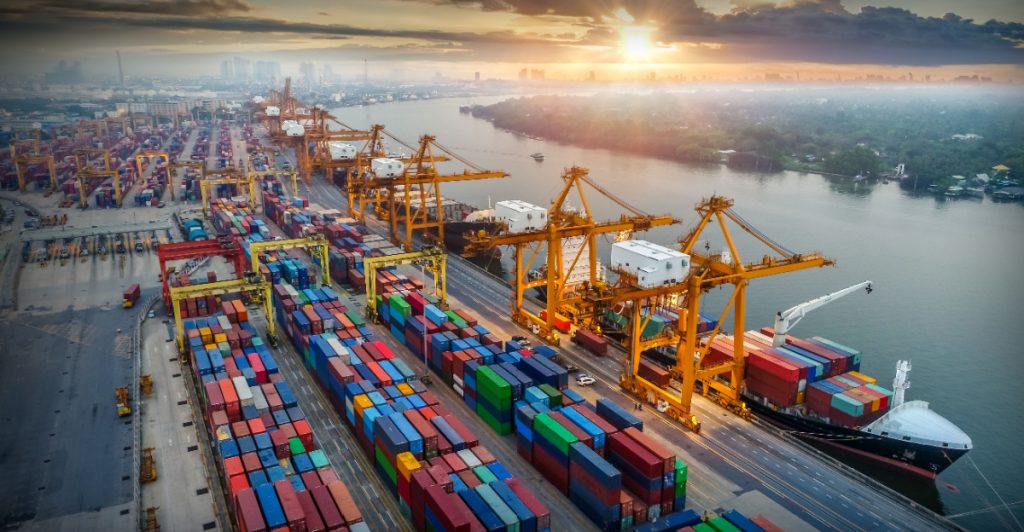
Despite crushing margins, Russia is continuing exports to maintain access to hard currency and avoid unrest in mining communities.
Firat Ergene, a senior analyst, says many producers are “exporting at low margins or even at a loss,” with few alternatives for income in these struggling regions.
Rail gridlock adds fuel to the fire

Freight costs have surged as sanctioned oil cargoes clog Russia’s railways, pushing logistics costs to 90% of coal’s price—up from just 50% before the war.
Exports are falling behind pre-invasion levels, even as deliveries to China, India, and Vietnam increase.
Debt soars and major firms cut output
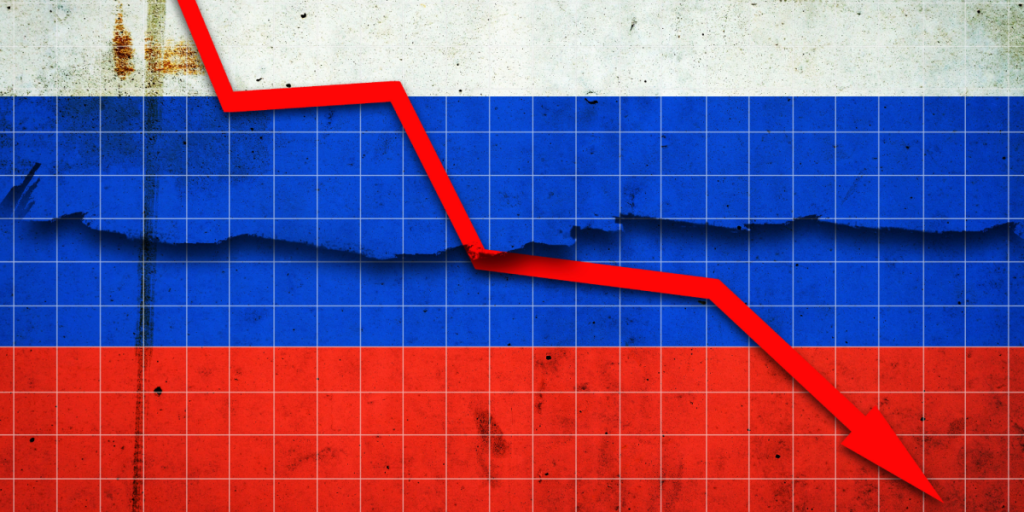
Major players like Mechel are scaling back.
Also read
One of Russia’s largest steel and coal companies mothballed a mine, slashed staff, and saw production plunge 28% in the first half of 2025.
Sector-wide losses could triple by year’s end, pushing debt toward 1.5 trillion roubles (£14 billion).
Kremlin’s limited bailout fails to stabilise sector
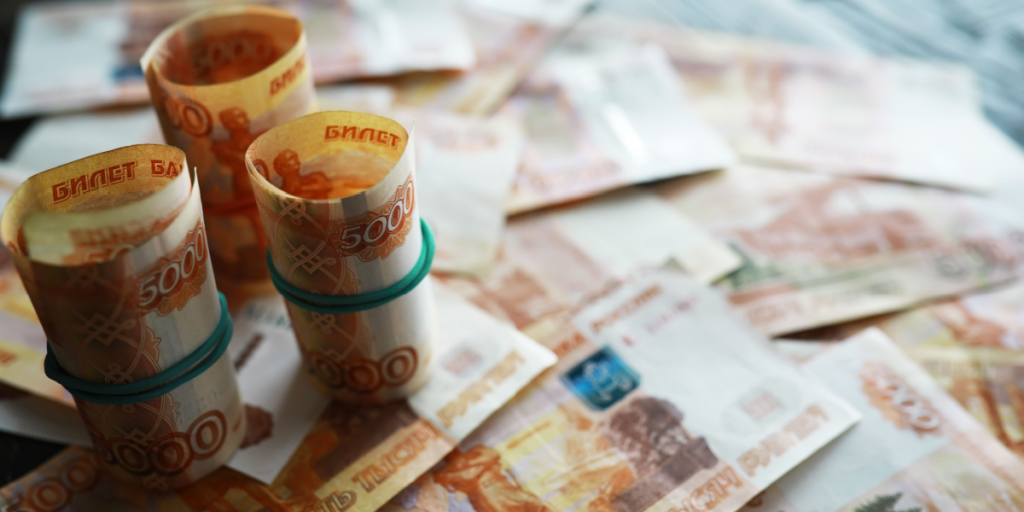
Putin approved a modest rescue package in May, offering tax delays, soft loans, and cheaper tariffs—but no direct subsidies.
Energy Minister Sergei Tsivilev, a former coal tycoon, is championing the plan, yet analysts say it does little to address the root problems.
Turning to Donbas coal—but even looting has limits
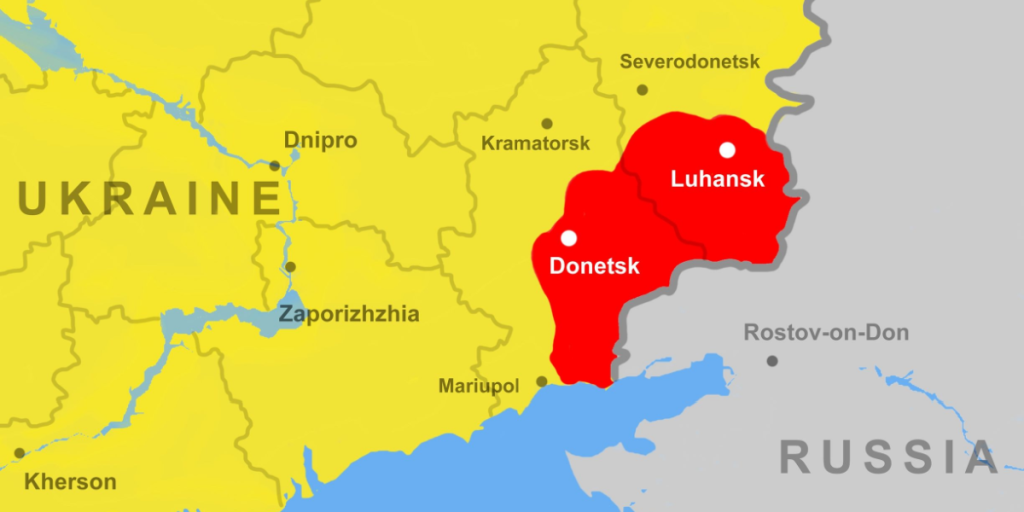
Facing domestic collapse, Russia is exploiting coal mines in occupied Donbas.
Also read
But these operations, once propped up by £750 million in Kyiv subsidies, are now unsustainable.
Former Ukrainian official Pavlo Kukhta notes: “When Russia took over, the subsidies dried up and now the industry is collapsing.”

